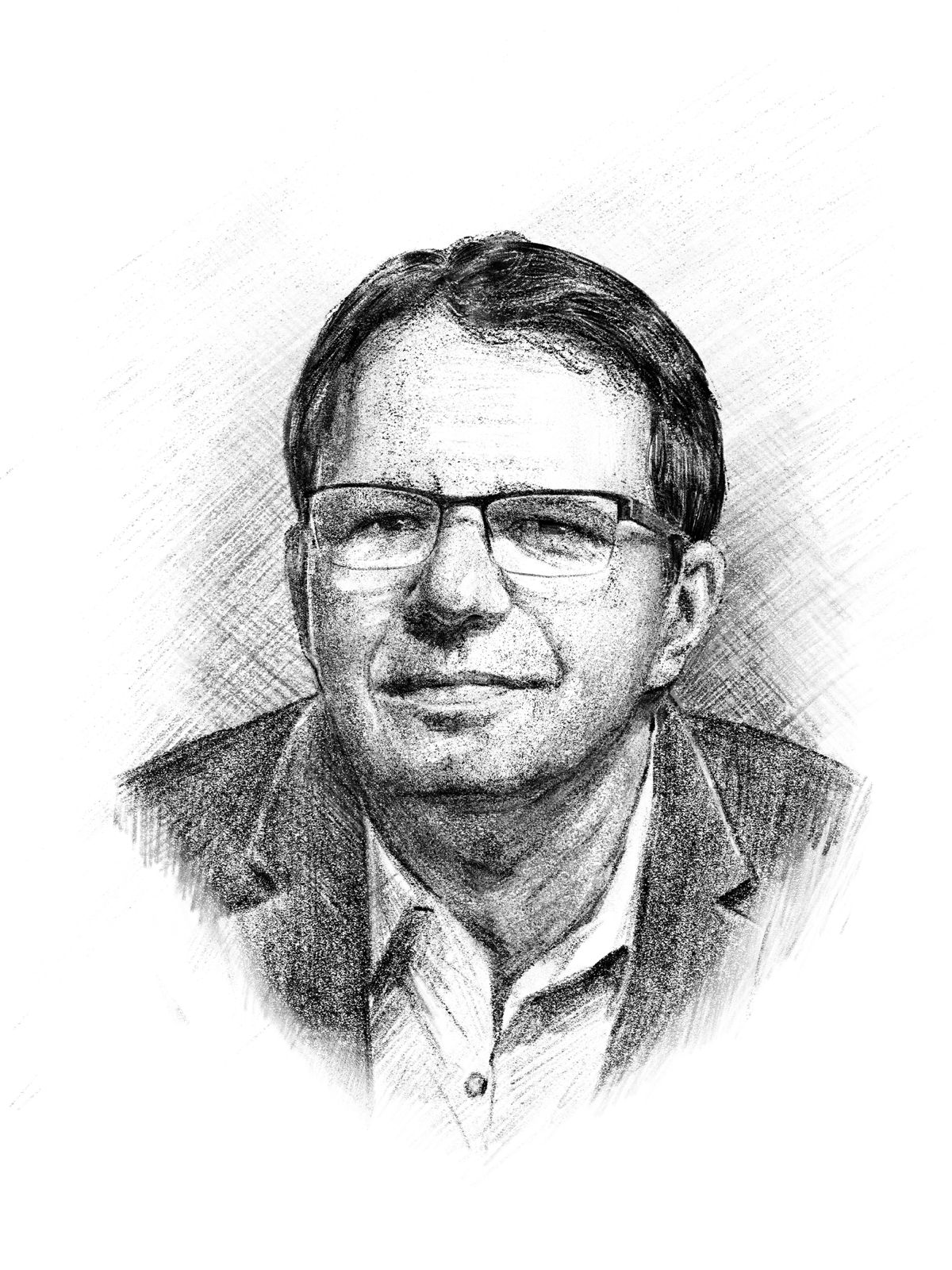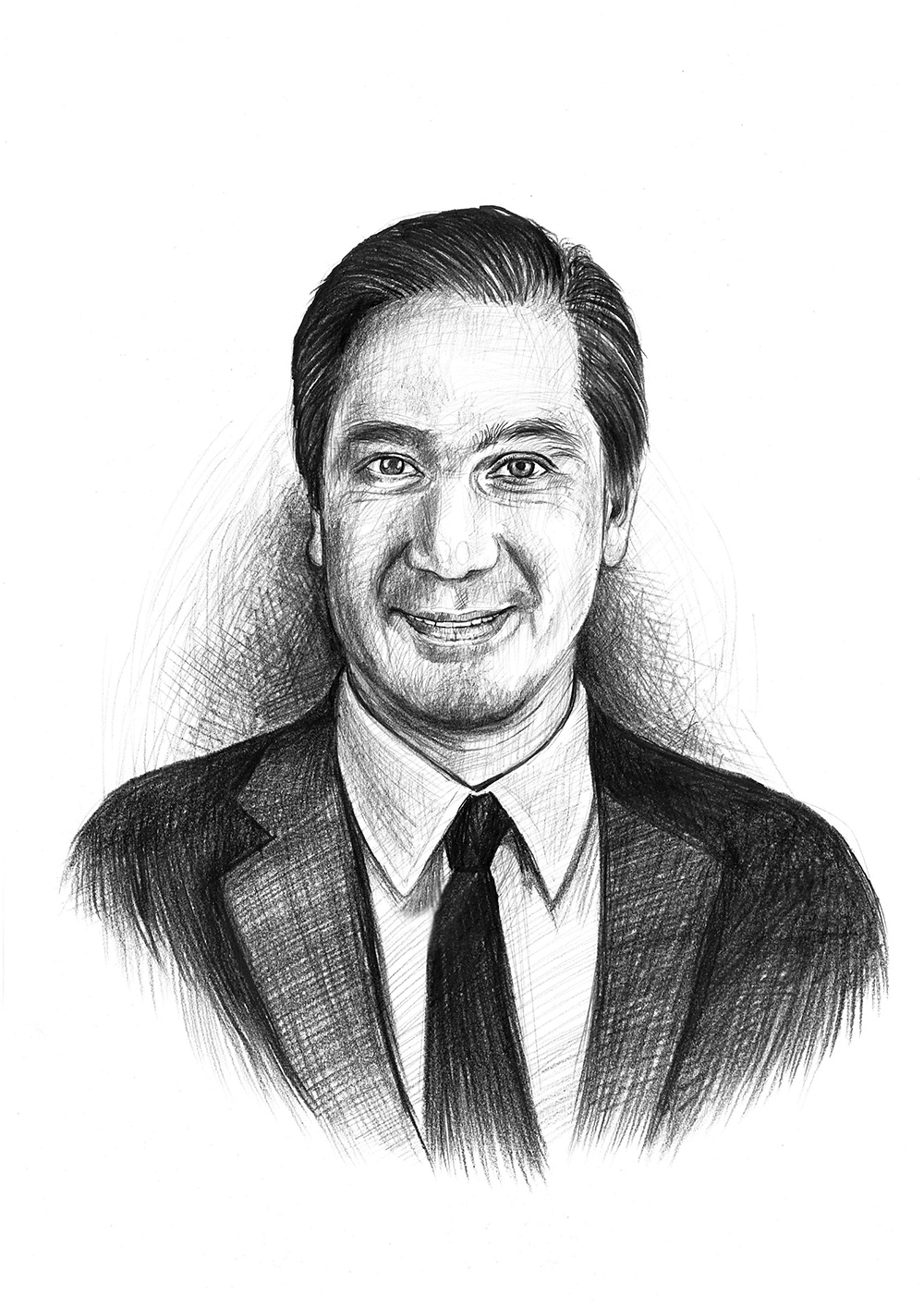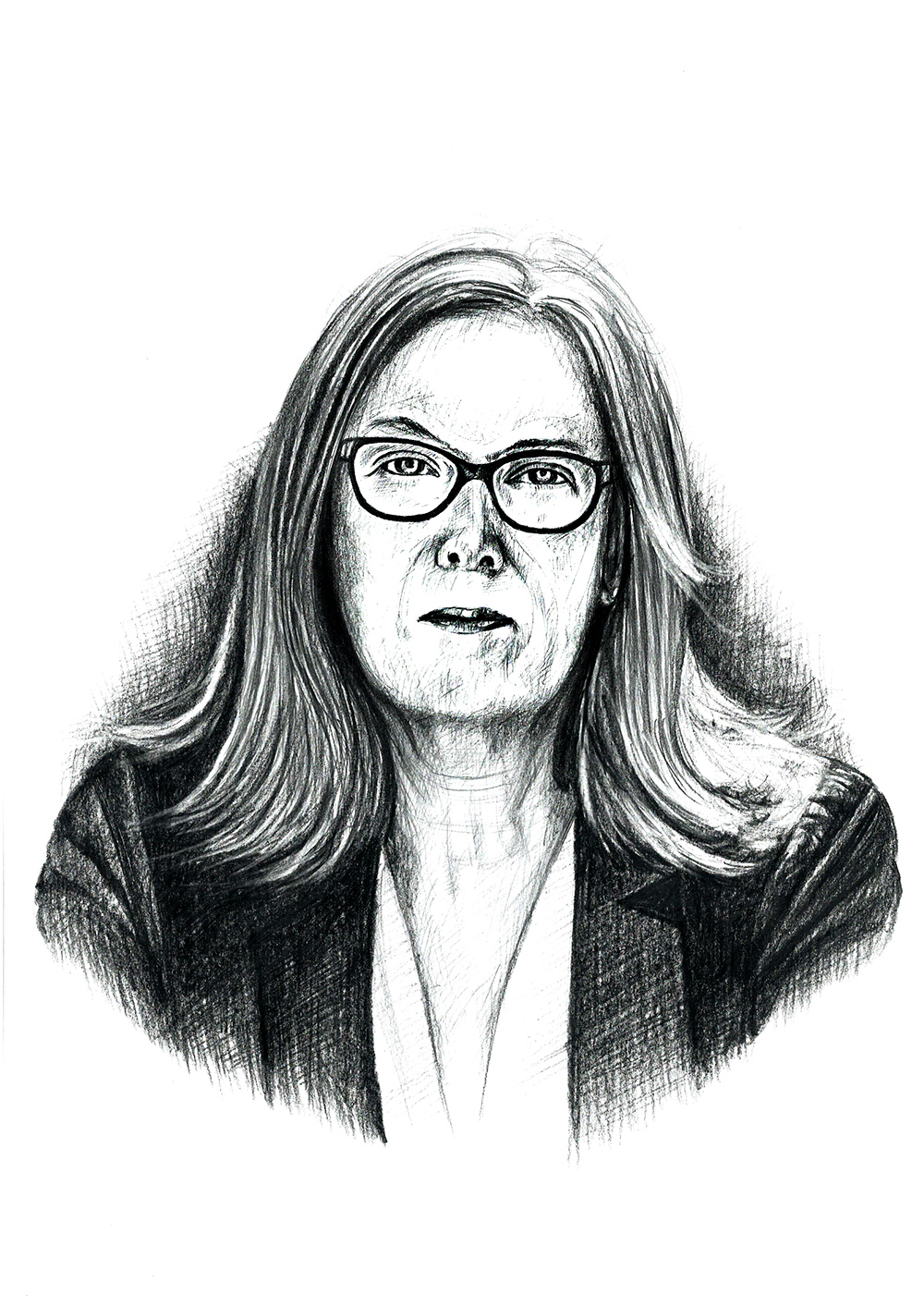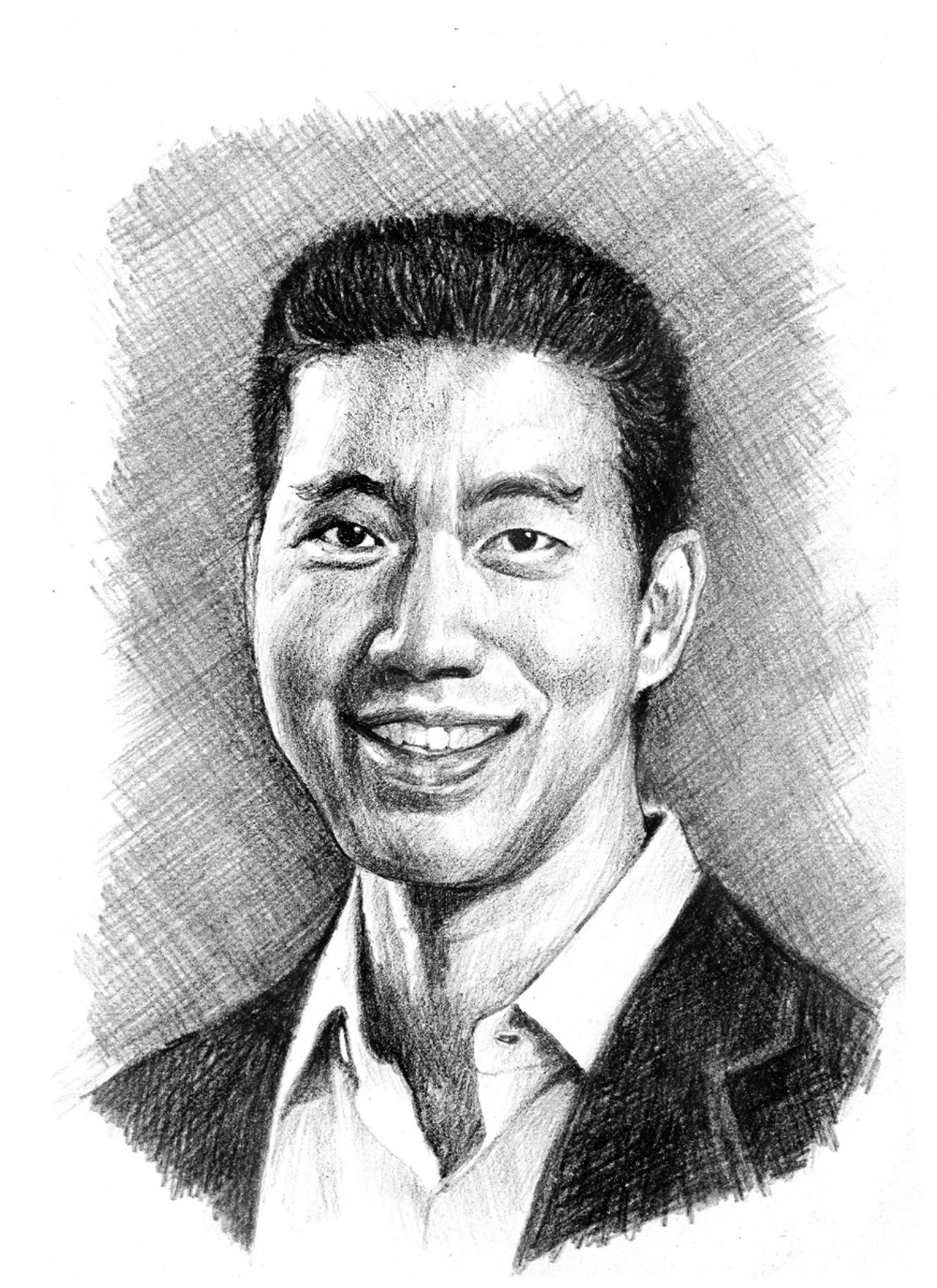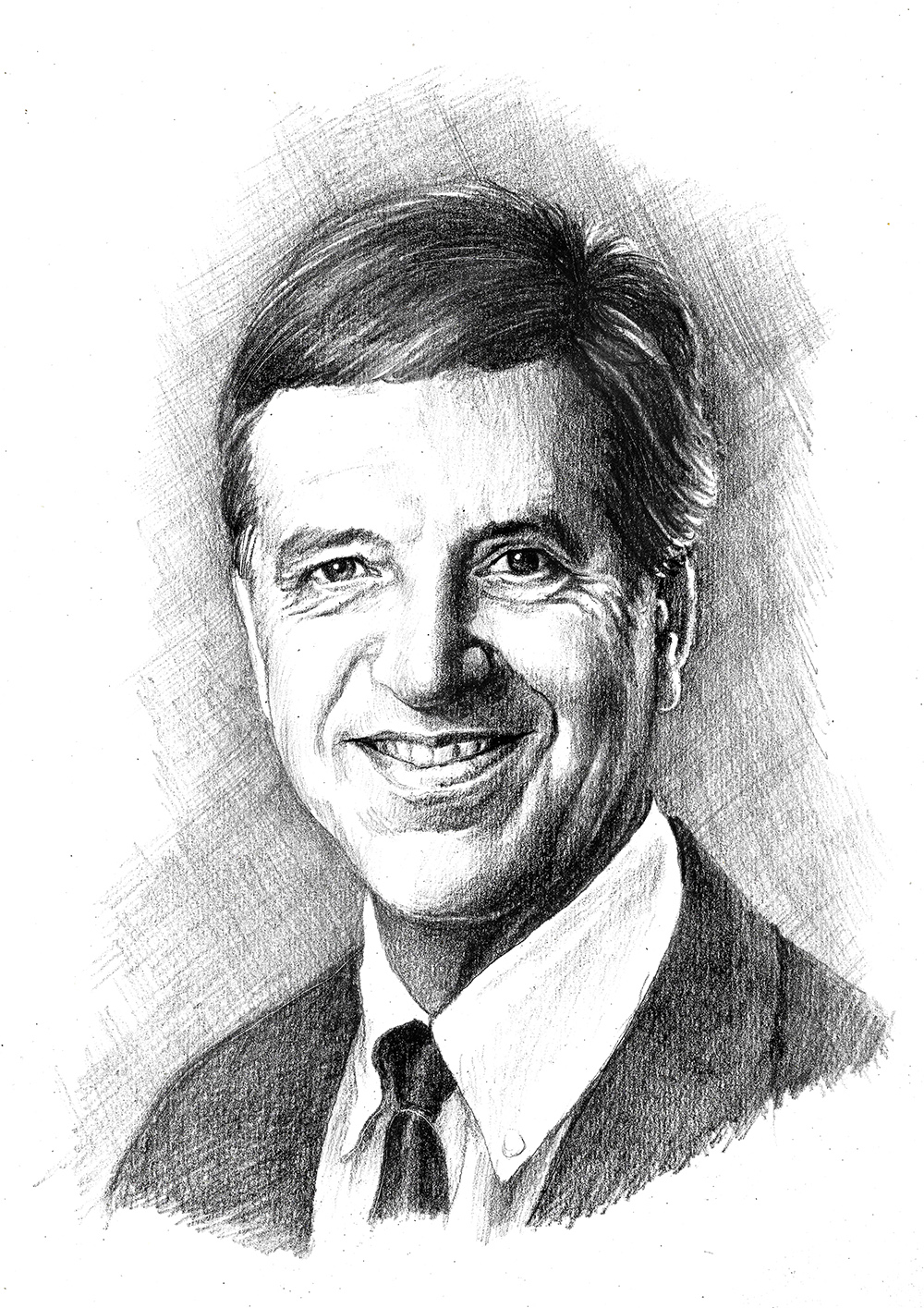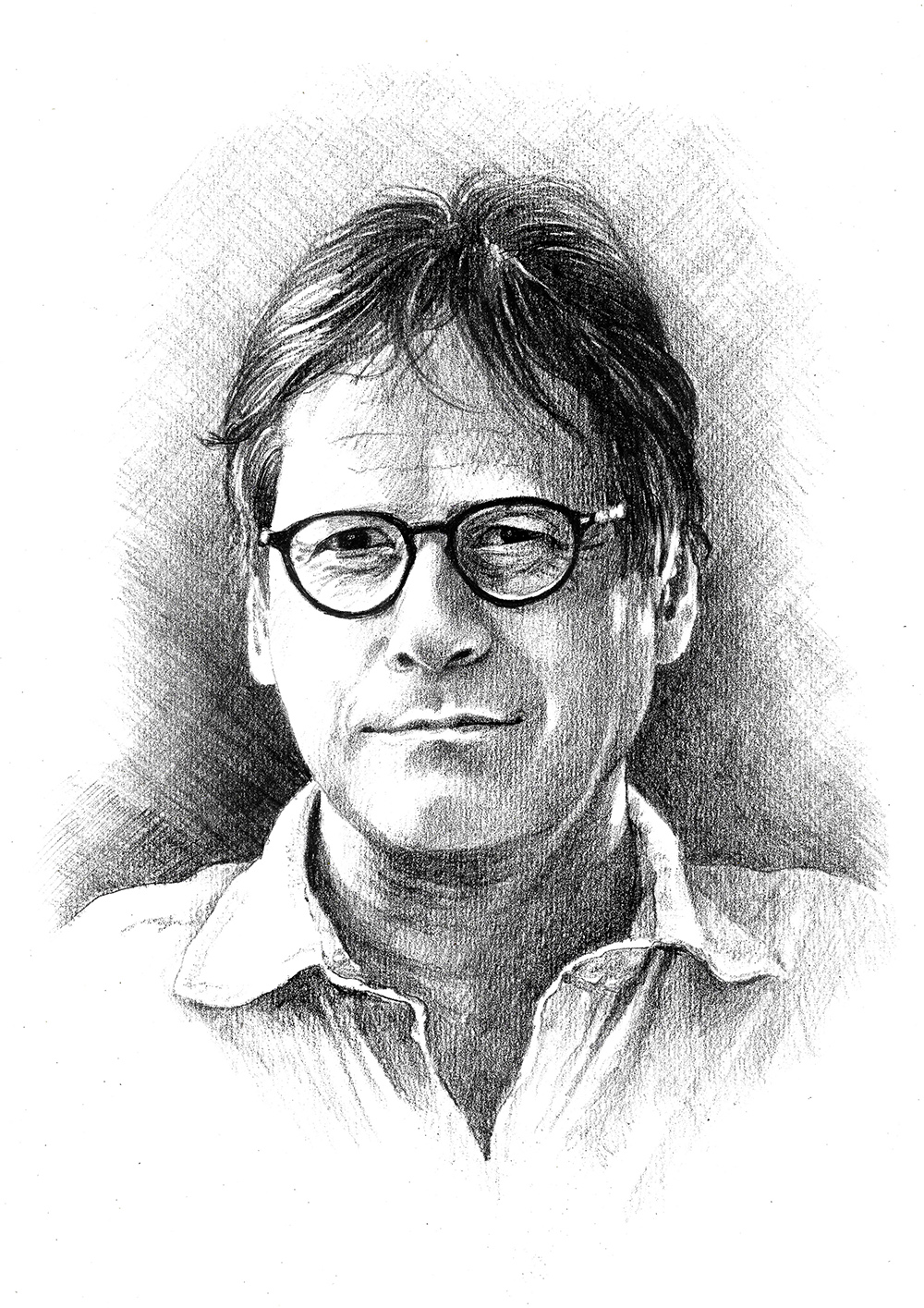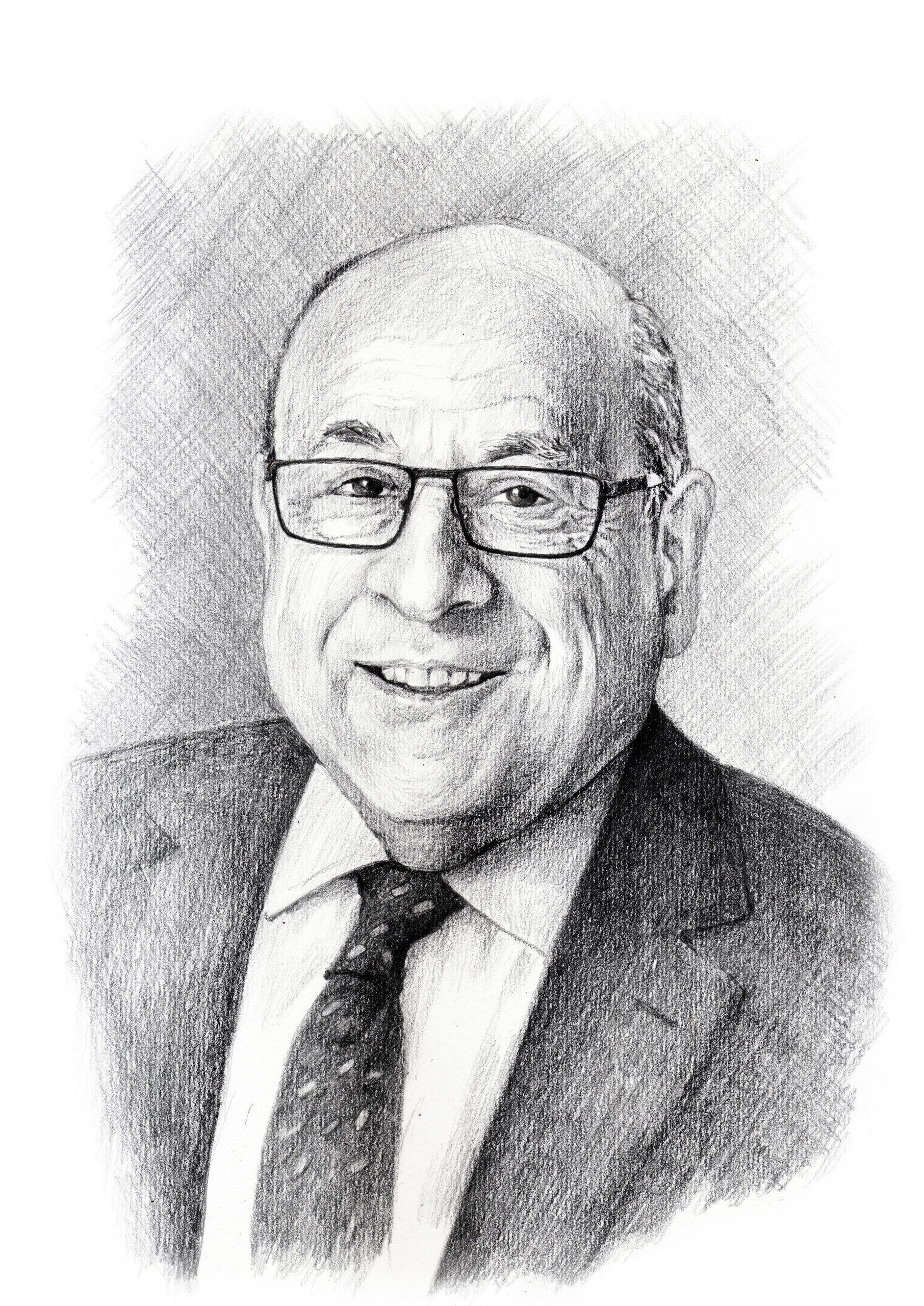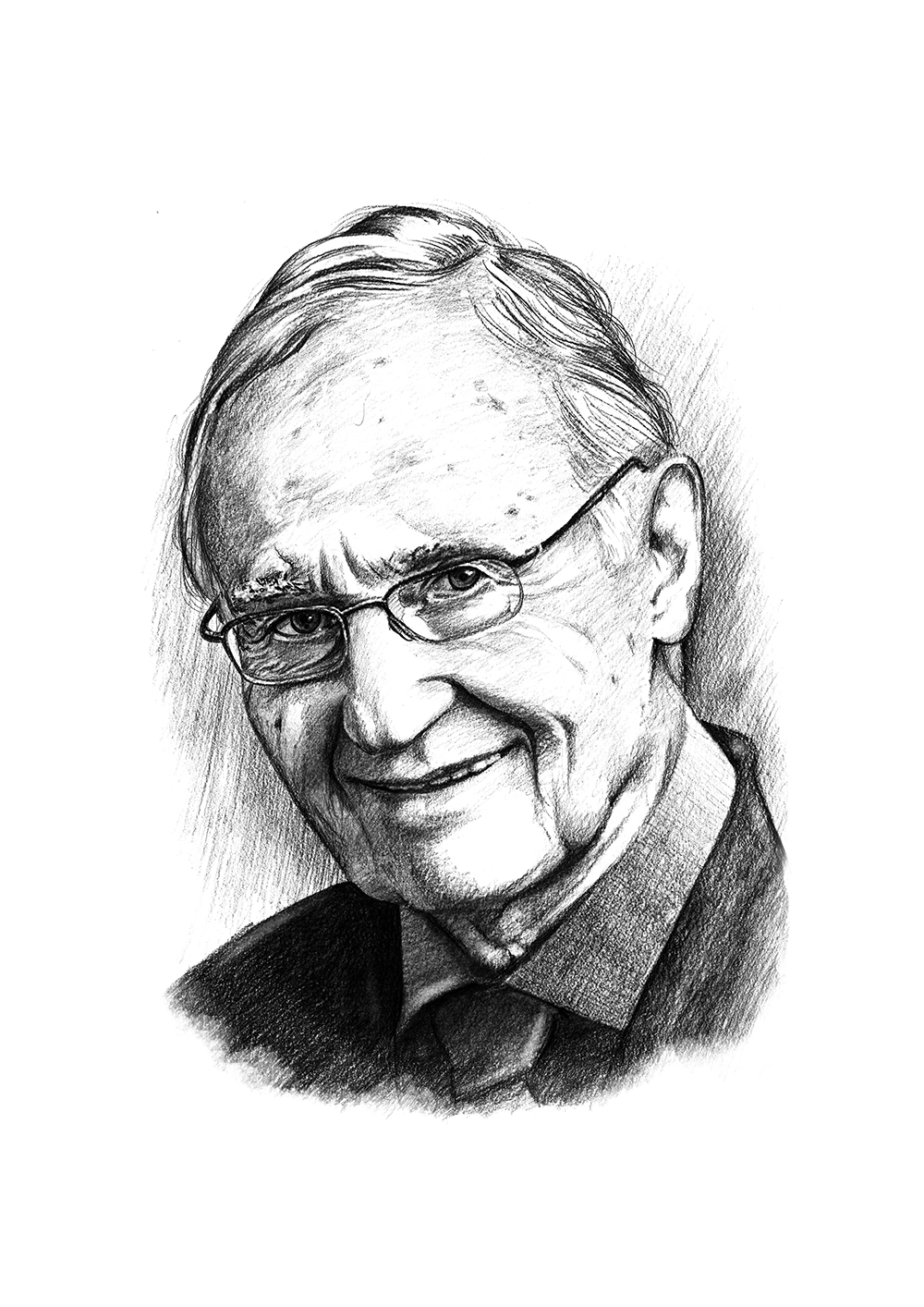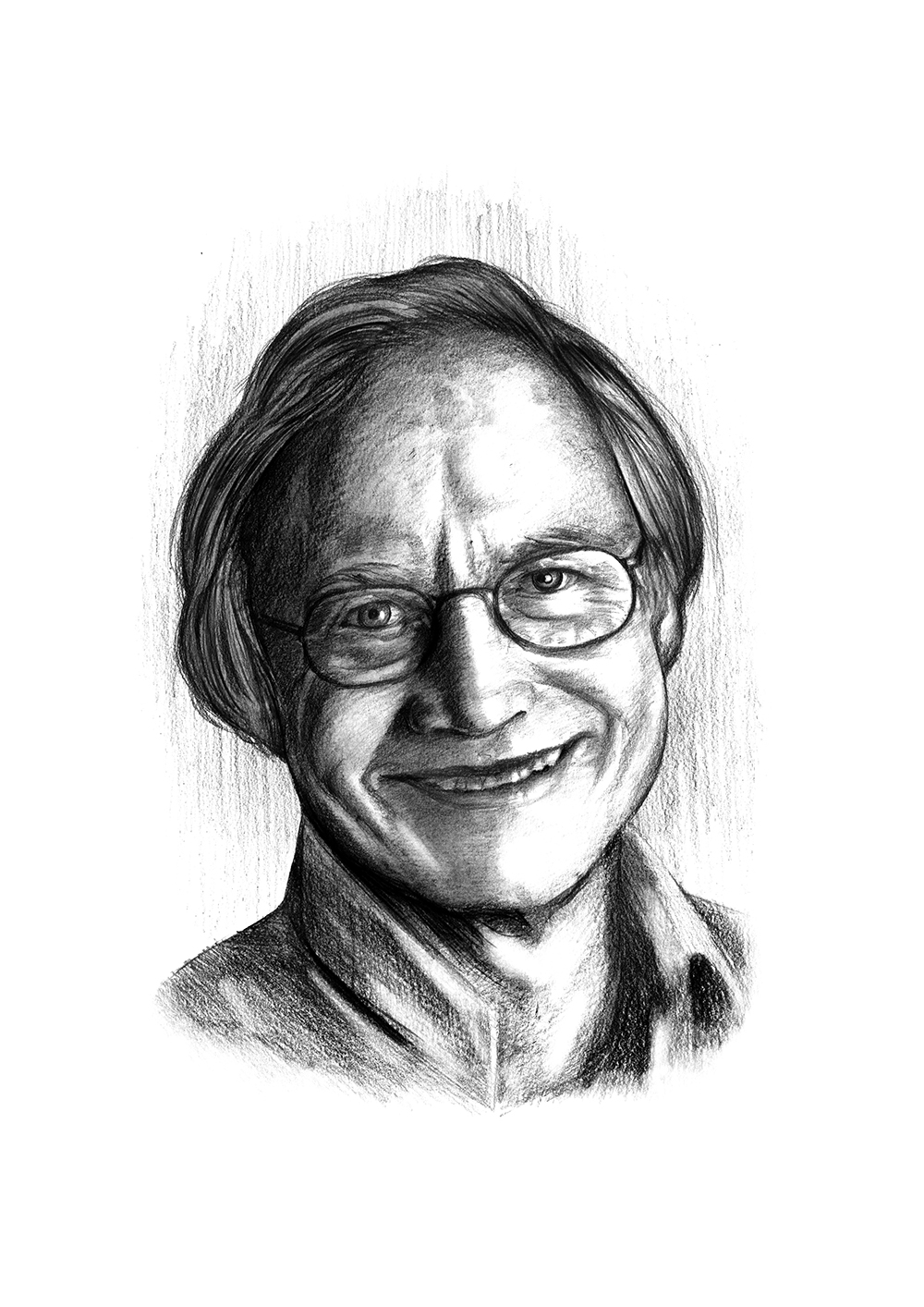Michel William Jeffrey Sadelain was born in Paris, France on 21 April, 1960. He received his baccalaureat degree in Math in France and MD degree from the University Paris in 1984, training with Pr. Gabriel Richet. He continued his training in Immunology at the University of Alberta (Edmonton, Canada) with Dr. Thomas Wegmann and pursued his postdoctoral research at the Whitehead Institute for Biomedical Research at MIT (Cambridge, MA) with Dr. Richard Mulligan (1989-94). In 1994 Dr. Sadelain began his work at Memorial Sloan Kettering Cancer Center, where he founded the Center for Cell Engineering in 2007.
Dr. Sadelain’s research has been on the forefront of stem cell and T cell engineering, with the aim of devising safe, effective, and ultimately curative treatments for severe hereditary blood disorders and cancers. His lab conceived receptors for antigens that he named chimeric antigen receptors (CARs) and identified CD19 as an optimal therapeutic target, for which he provided the first experimental evidence by demonstrating that human T cells could be engineered to effectively target CD19+ lymphomas and leukemias in mice (Brentjens et al, 2003). His lab obtained the first FDA approval for a CD19 CAR therapy trial in the US. In 2013, his team was the first to report dramatic responses to CD19 CAR therapy in adults with relapsed and refractory acute lymphocytic leukemia (ALL) leading to long-term survival. CAR therapies were approved by the FDA in 2017. The advent of CD19 CAR therapy has paved the way for a nascent global cell therapy industry that is poised to advance other cell-based medicines and regenerative medicine.
Michel Sadelain is an author of over 280 papers and his research has led to the creation of over 60 patents. He previously served on the NIH Recombinant DNA Advisory Committee, as President of the American Society for Gene and Cell Therapy, and is an elected Fellow of the American Association of Cancer Research. He is the recipient of the Cancer Research Institute’s Coley Award for Distinguished Research in Tumor Immunology, the Sultan Bin Khalifa International Award for Innovative Medical Research on Thalassemia, the NYIPLA Inventor of the Year award, the Passano award, the Pasteur-Weizmann award, the Gabbay award, the INSERM International Prize Laureate, the ARC Foundation Léopold Griffuel award, the Outstanding Achievement Award from the American Society for Gene and Cell Therapy, the Clarivate Citation Laureate in Physiology or Medicine for breakthrough research advancing CAR therapy for the treatment of cancer, and in 2024 the Breakthrough Prize in Life Sciences and the Canada Gairdner Award.

